The COVID-19 pandemic is having a devastating impact across the world. Efforts to contain the coronavirus are vital to the health of the world’s population, but they are also exposing children to increased risk of violence – including maltreatment, gender-based violence and sexual exploitation.
As leaders of organisations committed to ending violence against children, we come together in solidarity to share our deep concern, call for action and pledge our support to protect children from violence and reduce the impact of COVID-19 on children in every country and community.
A third of the global population is on COVID-19 lockdown, and school closures have impacted more than 1.5 billion children. Movement restrictions, loss of income, isolation, overcrowding and high levels of stress and anxiety are increasing the likelihood that children experience and observe physical, psychological and sexual abuse at home – particularly those children already living in violent or dysfunctional family situations. And while online communities have become central to maintain many children’s learning, support and play, it is also increasing their exposure to cyberbullying, risky online behavior and sexual exploitation.
The situation is aggravated by children’s lack of access to schoolfriends, teachers, social workers and the safe space and services that schools provide. The most vulnerable children – including refugees, migrants, and children who are internally displaced, deprived of liberty, living without parental care, living on the street and in urban slums, with disabilities, and living in conflict-affected areas – are a particular concern. For many, growing economic vulnerability will increase the threat of child labour, child marriage and child trafficking.
We must act now. Together, we call on governments, the international community and leaders in every sector to urgently respond with a united effort to protect children from the heightened risk of violence, exploitation and abuse as part of the broader response to COVID-19.
Governments have a central role to play. They must ensure that COVID-19 prevention and response plans integrate age appropriate and gender sensitive measures to protect all children from violence, neglect and abuse. Child protection services and workers must be designated as essential and resourced accordingly.
Working with and supporting governments, our collective response must include: maintaining essential health and social welfare services, including mental health and psychosocial support; providing child protection case management and emergency alternative care arrangements; ensuring social protection for the most vulnerable children and households; continuing care and protection for children in institutions; and communicating with and engaging parents, caregivers and children themselves with evidence-based information and advice. National helplines, school counsellors and other child-friendly reporting mechanisms enable children in distress to reach out for help, and must be adapted to the challenges of COVID-19.
Given the heightened risks of online harms, technology companies and telecoms providers must do everything they can to keep children safe online. This includes providing access to cost-free child helplines, age-appropriate services and safe e-education platforms - and using their platforms to share child online safety advice. They must also do more to detect and stop harmful activity against children online, including grooming and the creation and distribution of child sexual abuse images and videos.
As global organisations working to end violence against children, we will continue to advocate for and invest in effective child protection solutions. We will collectively develop and share technical resources and guidance for policymakers, practitioners, parents, caregivers and children themselves. And we will support the courageous health, child protection and humanitarian professionals working around the clock to keep children safe during these unprecedented times.
In recent years, the global community has made significant gains in protecting children from violence. We must not allow those gains to be lost during the current turmoil. We must do all we can to keep children safe now. And we must plan ahead together, so that once the immediate health crisis is over, we can get back on track towards the goal of ending all forms of violence, abuse and neglect of children
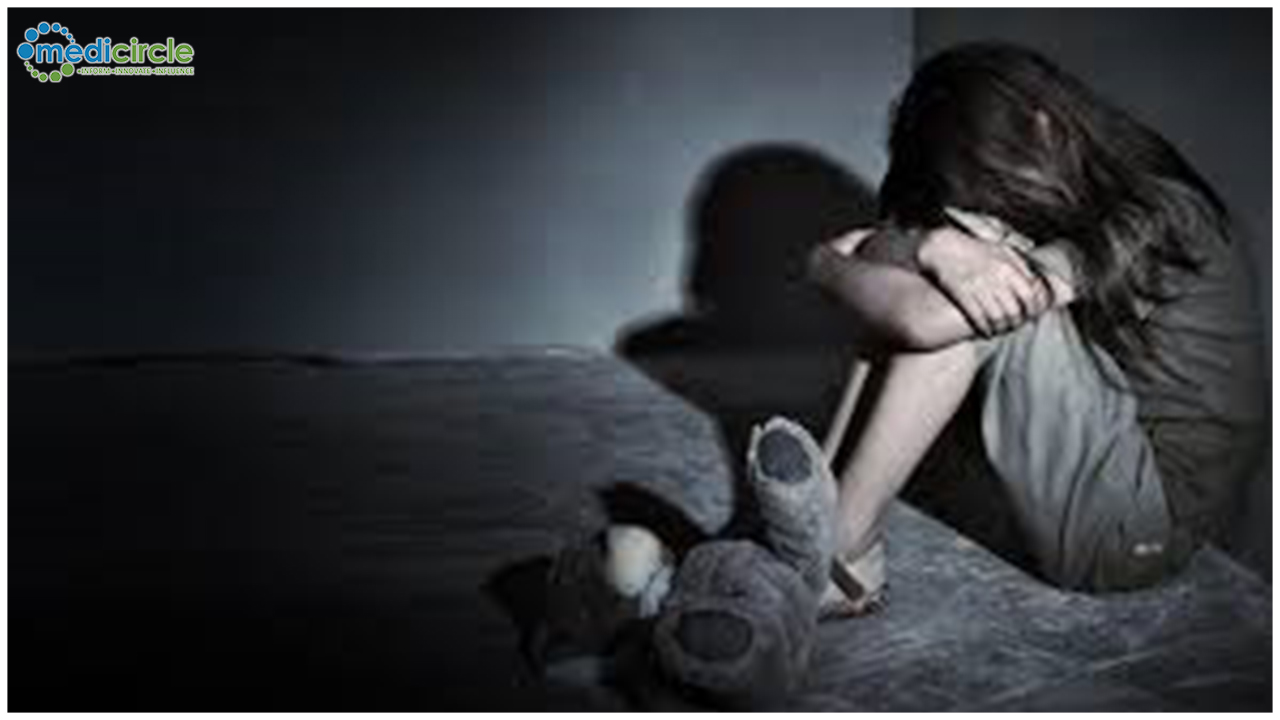
 A third of the global population is on COVID-19 lockdown, and school closures have impacted more than 1.5 billion children
A third of the global population is on COVID-19 lockdown, and school closures have impacted more than 1.5 billion children





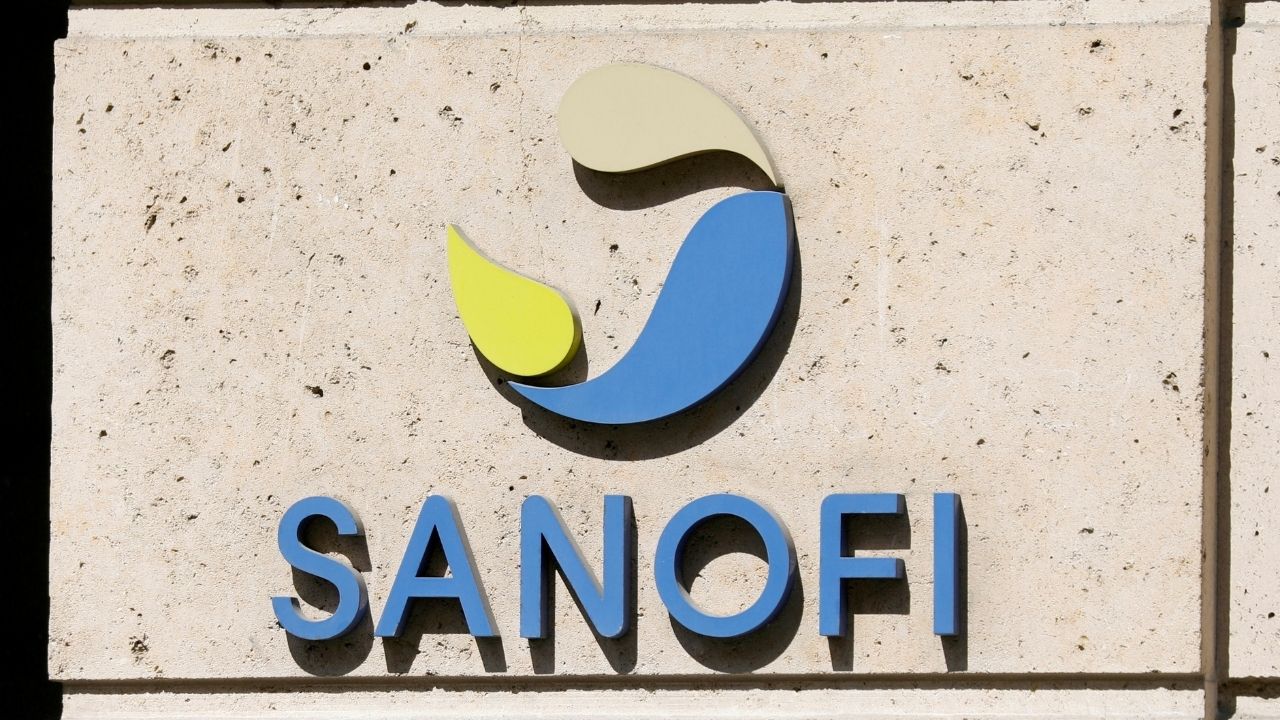
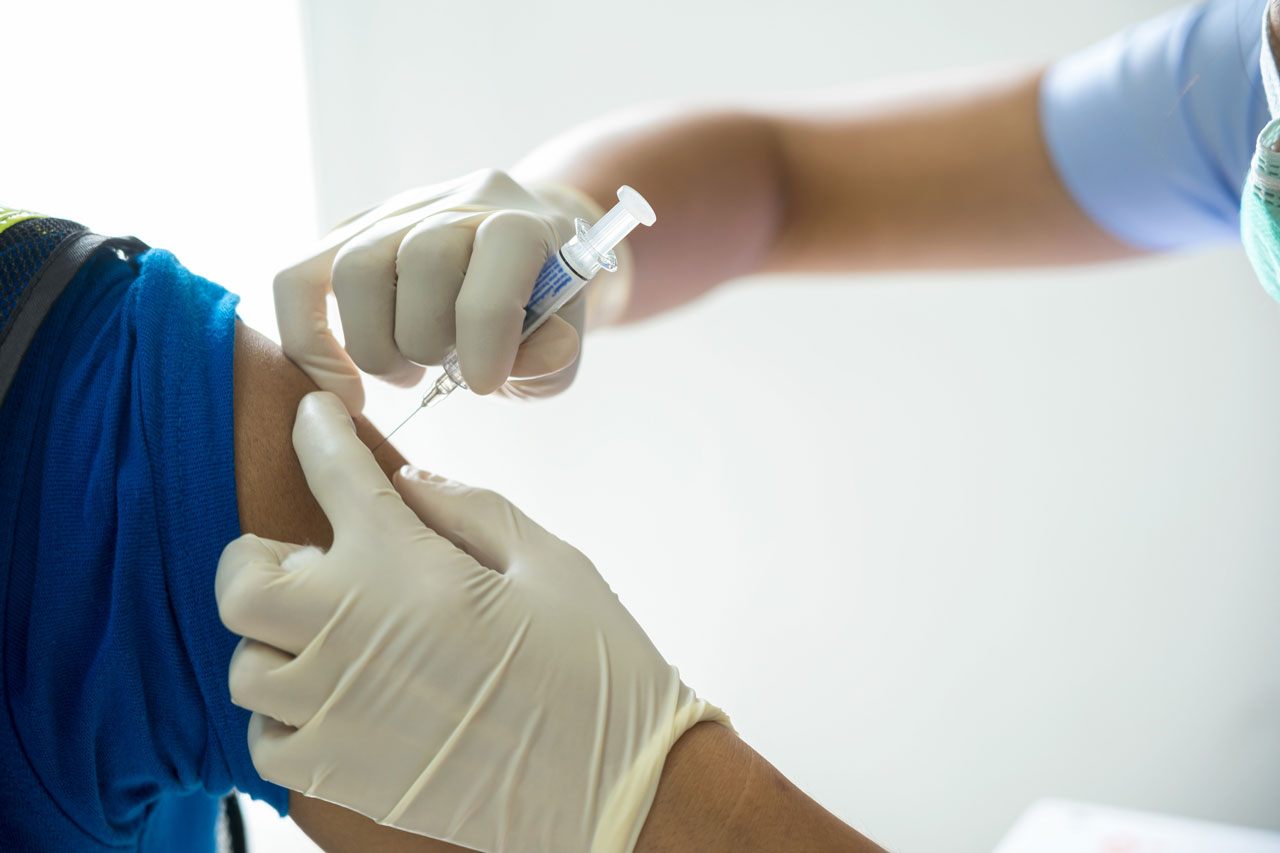

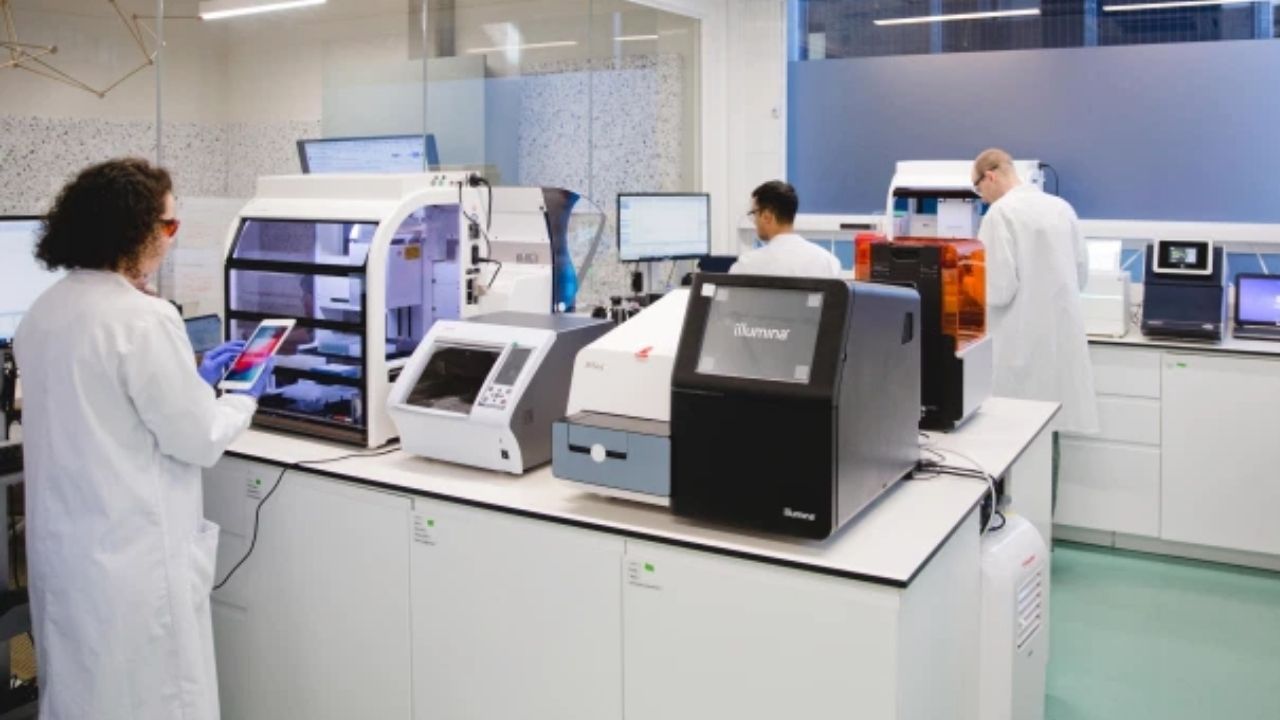


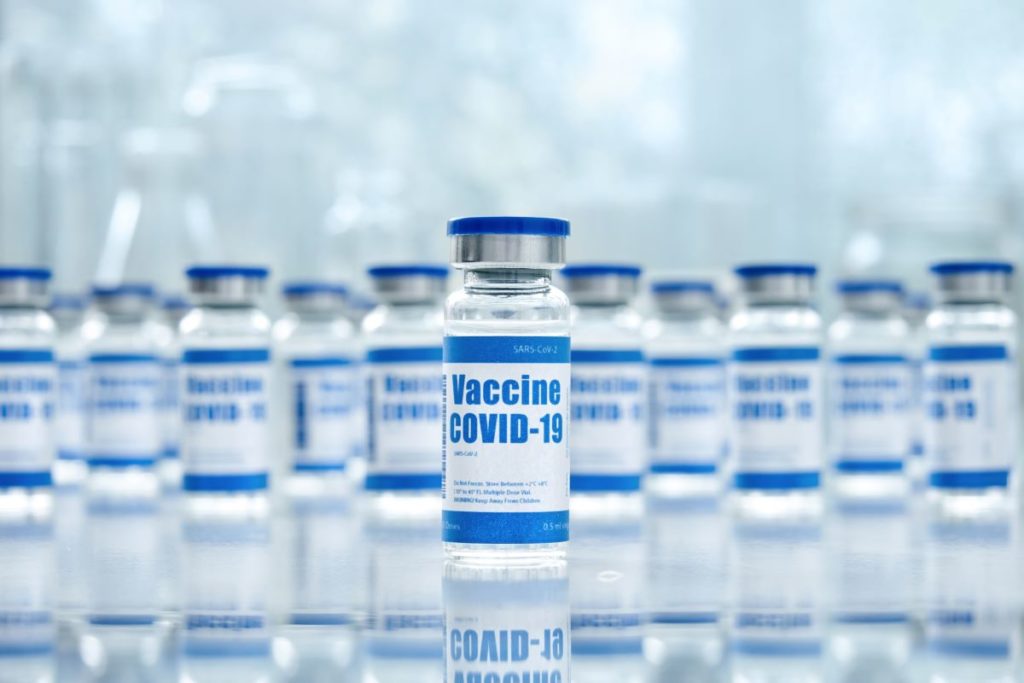


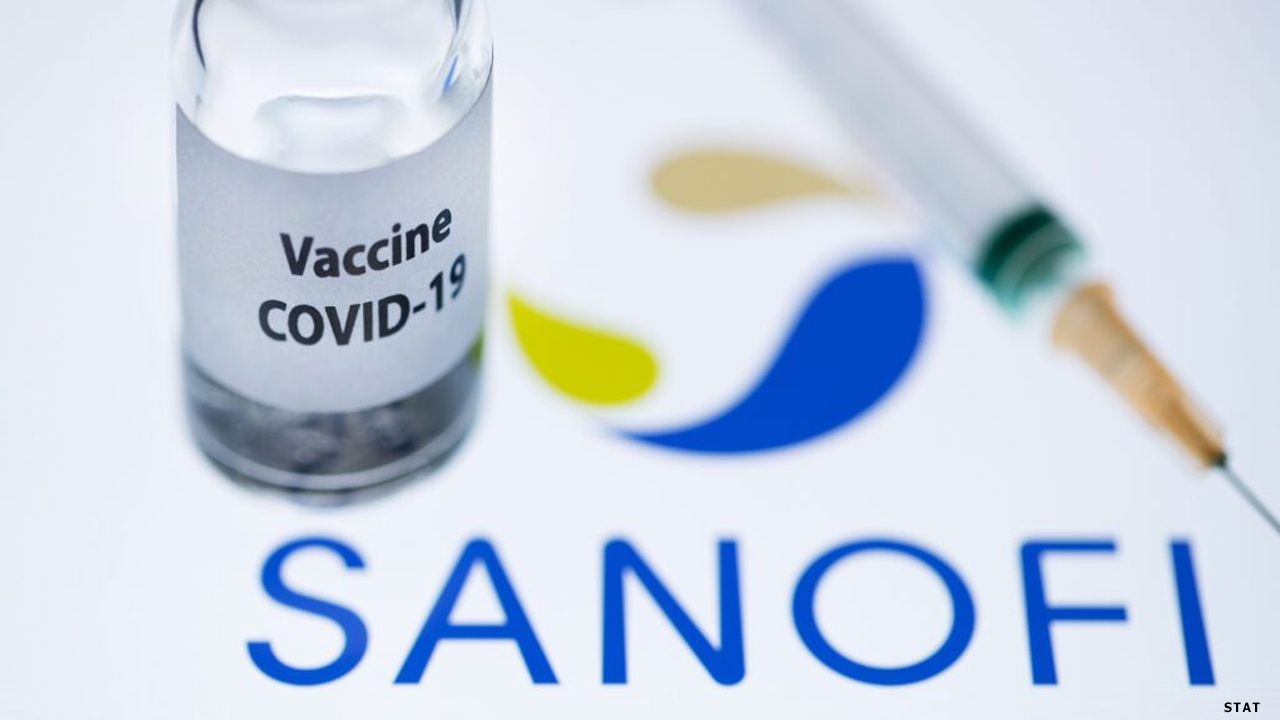





.jpeg)


.jpeg)



.jpeg)
.jpeg)






.jpeg)





